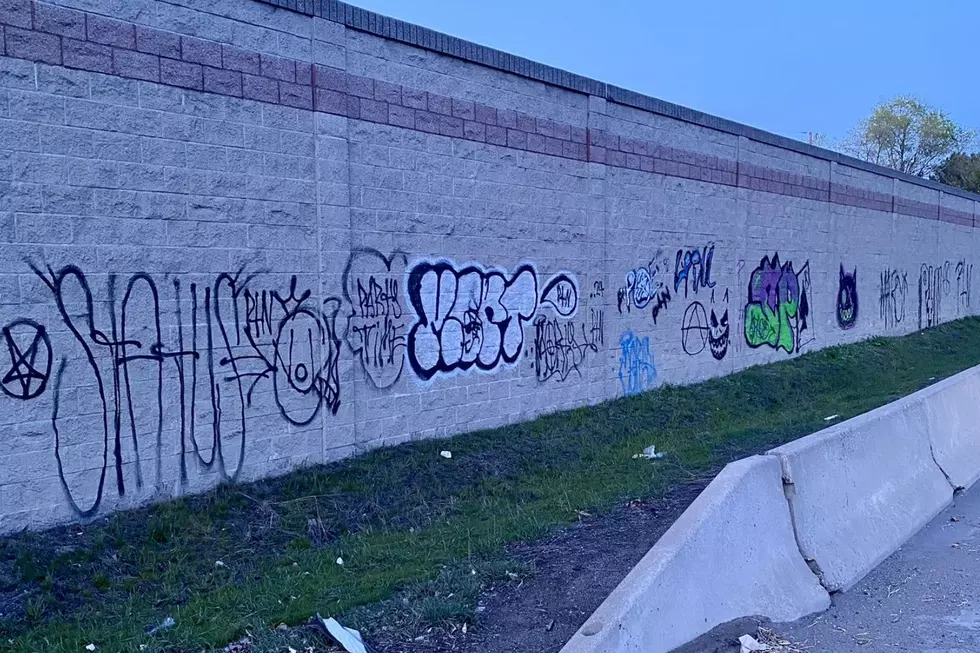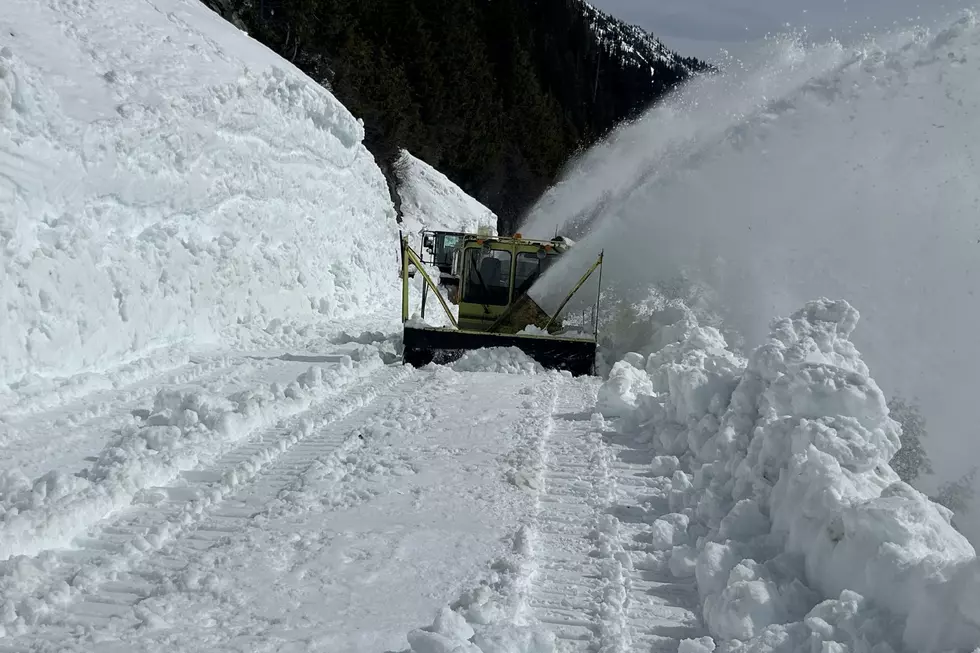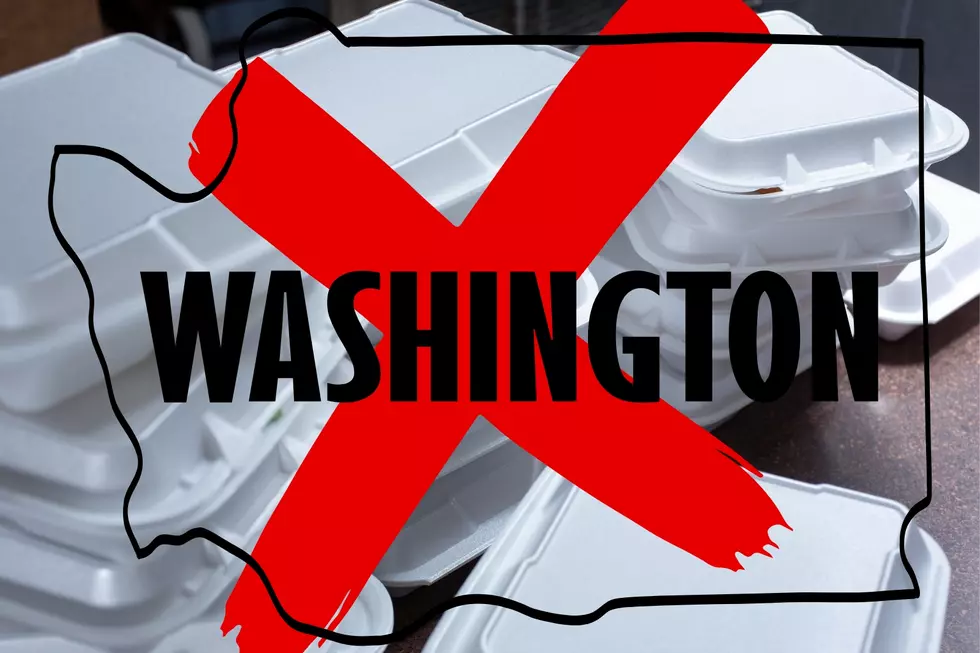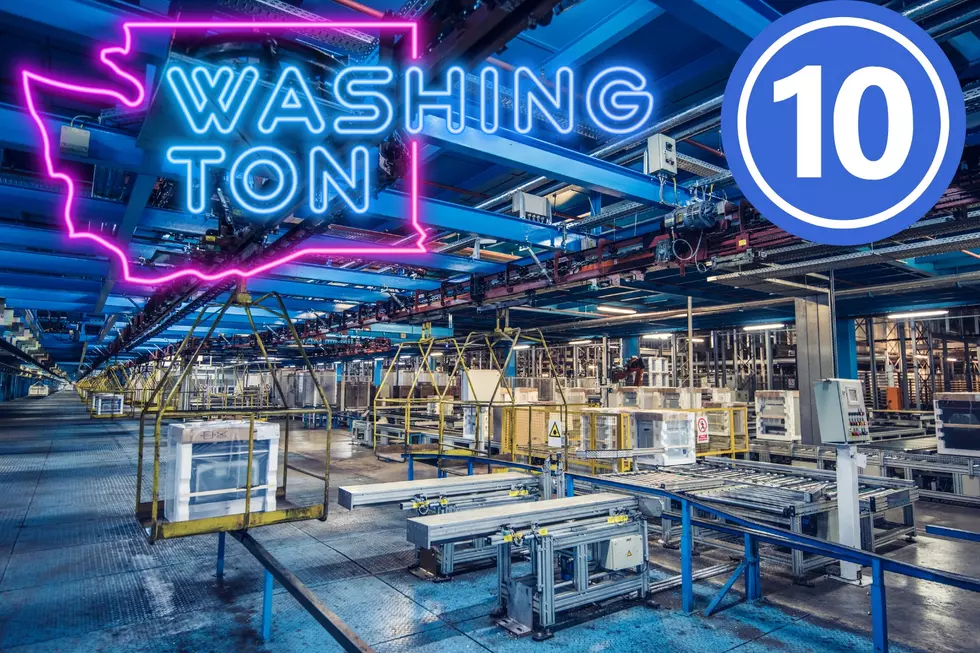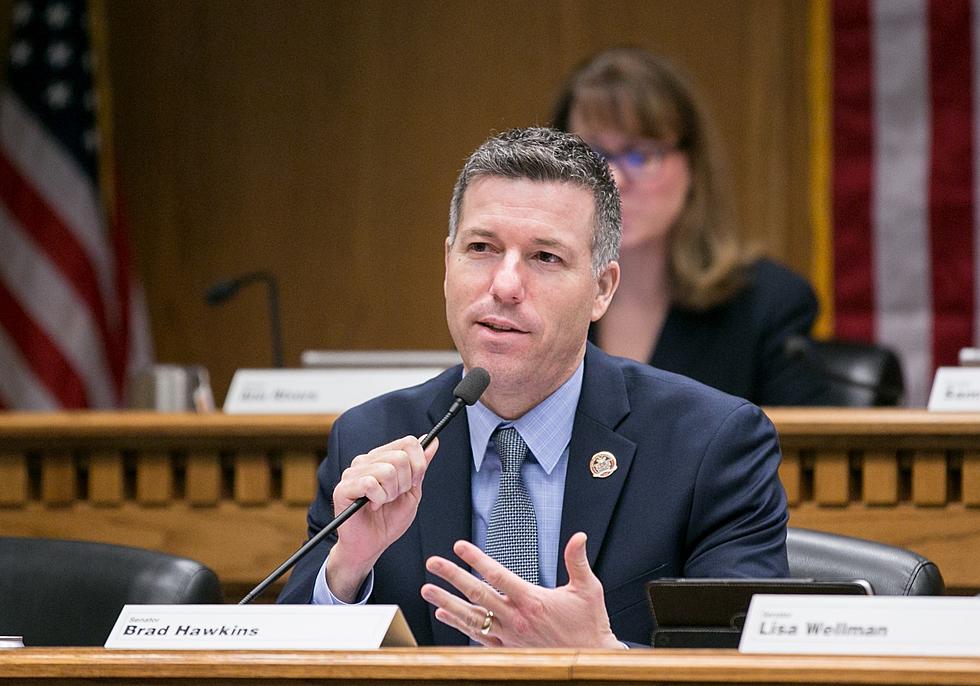
State Sen. Hawkins Focused On Budget In New Legislative Session
The Washington State Legislature will begin its annual session next month with a focus on updating state budgets.
The 2024 even year session is only 60 days in duration, unlike odd numbered years when legislative sessions are 105 days. Work on budget issues will have to be tackled quickly.
The $69.8 billion operating budget for the two-year 2023-25 cycle is currently in good shape with more money flowing into the state than was projected originally.
But Republican state Senator Brad Hawkins of the 12th District says he's taking a cautious approach to spending because some economists are forecasting revenues to flatten over the next two to four years.
“I don’t think we need new taxes because the revenues are slightly up, but I also think we need to be cautious about adding new programs until we get through this two-year period,” Hawkins said.
Hawkins wants to set aside more money in the state's reserve account to weather any reduction in revenues.
However, he does acknowledge there are potential sources of revenue such as the capital gains tax, which is bringing in more money than expected.
In addition, Hawkins says there’s another revenue stream that could help if there's an unforeseen shortfall.
"We also have this Climate Commitment Act, which was approved and has a series of auctions," said Hawkins. "And those revenues from those auctions have come in much higher than anticipated. So, there are some different things in the mix that need to be sorted out this year."
A sharp rise in the cost of construction could squeeze upcoming projects to build roads and buildings.
The 2022 Washington Move Ahead Transportation Plan extends for 16 years. Hawkins thinks all possible revenue streams should be considered to ensure all the projects in the transportation plan are financed, given the steep rise in construction costs.
But lawmakers will have to be creative in shifting money streams around to cover any funding strains.
Money raised from the Climate Commitment Act must be used for emissions reduction activities.
Hawkins thinks it’s possible to redirect money currently being used on pedestrian and transit projects to cover cost overruns on transportation projects. In turn, Climate Commitment Act funds could be used to backfill funding for the pedestrian and transit projects.
The Confluence Parkway in Wenatchee is one of the transportation projects included in the Move Ahead Transportation Plan. The 2023-25 transportation budget will allocate $85 million to Confluence Parkway over the next three budget cycles: $28 million in 2023-25, $47 million in 2025-27, and $10 million in 2027-29.
The overall state transportation budget for 2023-25 is $13.5 billion. Hawkins is a member of the Senate Transportation Committee.
The third major spending component in the state is the Capital budget, which is $9.0 billion. The Capital budget is used to construct state buildings and finance land acquisitions, among other things.
Hawkins is concerned the big spike in construction costs could especially constrain Capital projects this next year. But the fact that money from the capital gains tax is largely earmarked for education means extra money from the tax can be used to make sure school building projects are protected from construction cost overruns.
Like most states, Washington’s fiscal year runs from July 1 through June 30. All three state budgets, operating budget, transportation budget and capital budget, are currently in a two-year cycle from July 1, 2023, through June 30, 2025.
The first day of the 2024 legislative session is Jan. 8.
The 4 Scariest Roads in Washington State
Gallery Credit: AJ Brewster
More From 610 KONA



